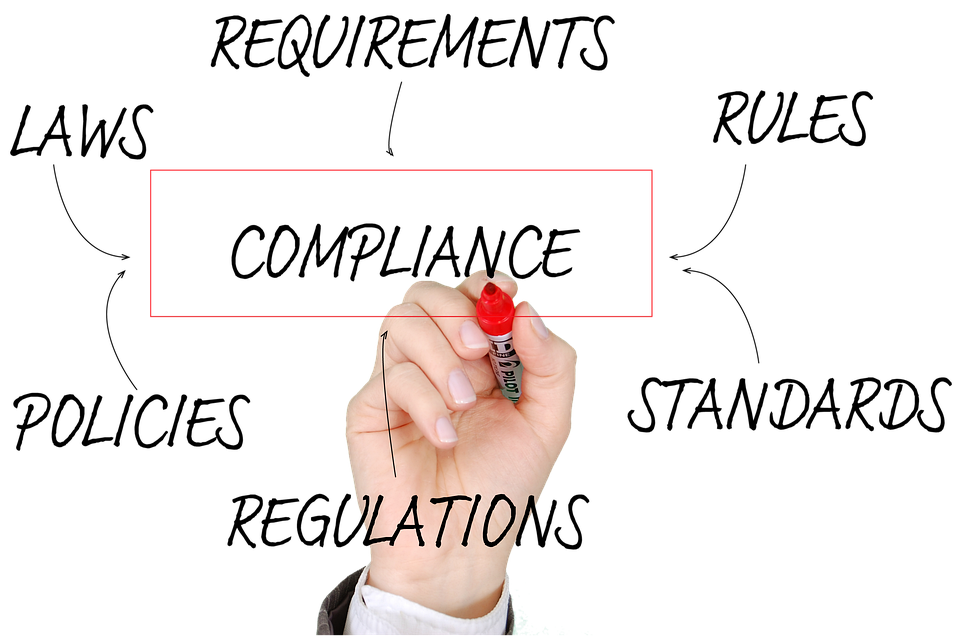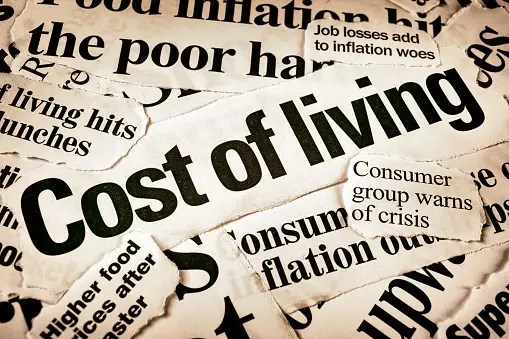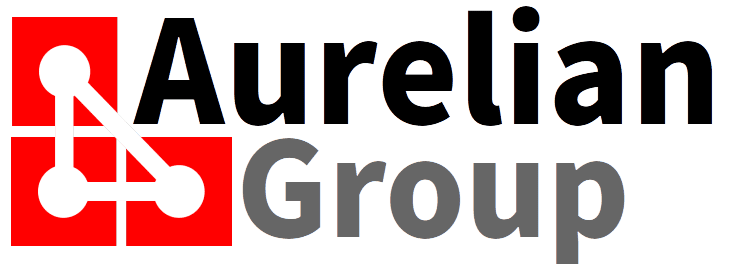Predictions are tricky - it tends to be that only those predictions you do not commit to writing are coming true. Whether this is "observer bias" (i.e. now it is predicted, one could measure and influence the outcome), or simply a matter of luck - the fact of the matter is that predictions help us create options.
While we are exiting 2023 - the third year in a row with increasing global and national upheaval - it has become blatantly obvious that we exist in a global "simple complex system". Simple - because there are not many pathways leading to the desired outcome. Complex - because if one thing breaks, the cascading errors in the system as a result are unpredictable. So much for predictions then.
At the risk of being completely 100% wrong on every account, here are my 4 predictions for 2024 - and how they might impact small business in Australia.

1. Continued disruptions in the global supply chain
With the COVID-19 Lock-Downs, we also saw something we had not experienced since the onset of globalisation: a collapse of the global supply chains. Goods were not arriving at their destinations, whether it is due to transportation, or simply labour able to be performed as various nations and states locked down. As always, squeeze the supply, and prices will rise.
2024 will see an increase of this trend. The already strained supply chains see increased pressure from high energy prices - whether it is fuel or electricity - affecting both transport as well as manufacturing. This is caused by regional conflicts (i.e. the destruction of the Nordstream pipelines, the blockage of the Suez Channel) as well as government policies (you'll recognise them as being part of the "Great Reset Initiative" - such as the dismantling of coal fired power stations, additional taxes on gas, diesel and petrol - without providing a suitable alternative to base load power.

2. Increased cost of compliance
Governments rarely reduce their power by scrapping legislation. Instead, they increase cost of compliance for business owners, backed by a legion of bureaucrats. This provides downwards pressure on productivity, and upwards pressure on cost. These costs need to go somewhere if the business is to remain operational. These are so-called solutions to a problem that has yet to be identified, or acknowledged.
While we are seeing the slow death of DEI (Diversity, Equity, and Inclusion). More and more business leaders are waking up to the realisation that the parents of DEI are Division, Envy, and Irrational behaviour, a combination that is toxic to any business - we may see legislation brought forward that would "solidify" support for DEI - most likely under a different name.
3. "Zombie Apocalypse" due to increased cost of capital
The economy is cyclical - it always has been. We do emerge from an unprecedented sequence of events that played out over the last decades. Lets draw a line at the 2008 Global Financial Crisis. Too much money was "created" by issuing and refinancing debt of increasingly high risk in the housing market (the sub-prime mortgage collapse). Immediately, money was pumped into the global economy, at low to negative interest rates. The effect? Zombie companies - companies that have no right to exist, but can maintain and expand their operations due to the high availability and low cost of money supply. With "Quantitative Tightening" (or the removal of money from the system) and increased interest rates, the cost of financing the debt will become too much for many organisations, and we will see increased bankruptcies.

4. Cost of living pressures a further inflationary cycle
Central Banks are put in place to "manage" the economic stability and inflation. Note that the term "inflation" itself is rather deceiving - it is not the prices that increase (inflate), but the value of the currency used as intermediary to purchase goods and services is losing its value.
As we have seen above, there are pressures on the supply of goods - less goods being chased by the same volume of money --> increased prices. This is what happens in a market economy. During the COVID-19 lock-downs, the Government sent money (that did not exist) to the citizens - who could spend it on less goods - so the double-edged sword of inflation and a declining economy (lockdown and supply chain issues) - we find ourselves in stagflation. Increasing rates only exacerbates this problem - as now the cost of living has gone up (mortgage rates and rent increases), combined with the cost of energy increases (leading to increased operation and transportation costs for all businesses), there is an upwards demand for labour costs. The global policy war on natural gas has an (un)intended side effect of reducing the amount of nitrate based fertiliser, reducing the worlds food-supply even further. Companies may be forced to lay-off staff to stay afloat - and those employees that are spared the lay-off demand additional money in order to make ends meet. If that money is not forthcoming (cost of capital), choices have to be made as to what to spend the money on - we will see a further decline of consumer spend, furthering a contraction in our economy. As soon as the RBA starts lowering the rates, we will see a continuation of the price hikes, as the supply chain issue has not been resolved.
What can Small Businesses do?
Every crisis offers an opportunity, and in that respect, 2024 will see opportunity in abundance. While it all looks doom and gloom, with the right actions and business fundamentals, small businesses cannot only survive, but even thrive through 2024. The better your business fundamentals are right now, the more opportunity you have in 2024. Here are a few things all small business owners should consider:
- Are you turning a profit? - if not, or not sufficiently, is it a top-line (revenue) or bottom-line (cost) problem? Check how your fixed cost structure affects your break-even point - in particular with the increased cost of capital and the potential for decreased demand.
- Can you lower your fixed costs? - fixed costs are, as the name implies, fixed - no matter how much you turn over, the fixed costs remain the same. That does not mean they are constant - rents and interest repayments can fluctuate, and at the moment are likely to increase. If you cannot down-size, can you repurpose? For example - if you have a fixed term lease, can you sublease?
- Are you supporting your local community? - this seems paradoxical, as buying overseas can mean a substantial cost-saving. Buying local means others keep their jobs. The more people are employed locally, the more productivity we keep in our community. That will provide an increase in locally produced and delivered goods and services - lowering the pressure on the supply chains and reducing the downwards trend on disposable income. This is a long-term play.
- Are you depending on the government to "save" your business? - there is no such thing as "free money". If the government hands it out to you, it needs to be created, and therefore it needs to be paid back with interest. The only revenue raising activity a government has is taxation - which has no productivity against it. If you can survive without a government hand-out, then your fundamentals are right. If not - you must use the breathing space offered by the government to get back to the fundamentals - it is not there as a "stay of execution".
